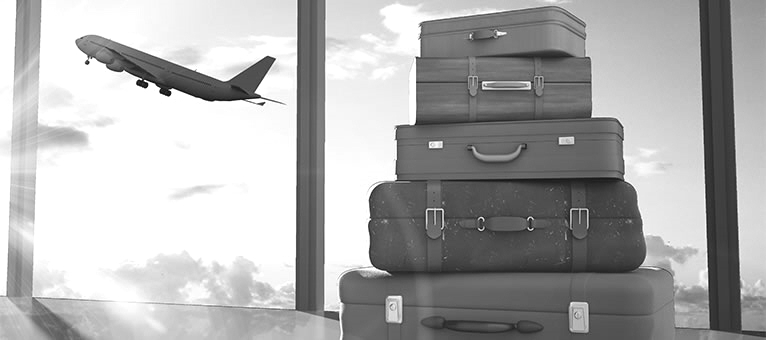Warren Buffet is famous for being one of the world’s savviest investors, earning billions for himself, and plenty for his stockholders as well. As chief of the Berkshire Hathaway conglomerate, he’s been accorded the honorary title of the Oracle of Omaha.
He is also famous in investing circles for his decades-long aversion to airline stocks, following his ill-timed investment in USAir, in 1989, which underperformed his return-on-investment expectations. He’s been a fierce critic of the industry ever since, regularly fulminating against airline investments, as he did in this 2002 interview with The Telegraph:
(T)he airline business has been extraordinary. It has eaten up capital over the past century like almost no other business because people seem to keep coming back to it and putting fresh money in. You’ve got huge fixed costs, you’ve got strong labor unions and you’ve got commodity pricing. That is not a great recipe for success. I have an 800 (free call) number now that I call if I get the urge to buy an airline stock. I call at two in the morning and I say: ‘My name is Warren and I’m an aeroholic.’ And then they talk me down.
As recently as 2013, Buffett was still warning against the folly of putting money into the airline industry. “Investors have poured their money into airlines and airline manufacturers for 100 years with terrible results. It’s been a death trap for investors.”
And yet, this week Buffett’s Berkshire Hathaway disclosed in its quarterly regulatory statement that it has taken significant positions in three U.S. airlines: an $800 million investment in American, $249 million in Delta, and $238 in United.
What happened to turn Buffett from a seller into a buyer? In a word: consolidation.
When Buffett invested $358 million in USAir, the airline industry was highly competitive. There were no fewer than 10 U.S. airlines referred to as “major carriers,” the Big 10 as they were known. Profits were elusive and hard-won. The consumer was king.
Today, following years of bankruptcies and mergers, 80 percent of the country’s domestic air traffic is controlled by just four airlines: American, Delta, Southwest, United. The balance of pricing power has shifted from the consumer to the airlines.
In 2015, the U.S. airlines racked up profits totaling $25.6 billion. And because the industry has become an oligopoly, the outlook is for continued profitability for years to come.
That’s well and good for the airlines, and for Buffett, and for investors in Berkshire Hathaway and the airlines themselves. But it’s bad news for travel consumers, who have little choice but to pay whatever the airlines deign to charge.
The often repeated claim of the airlines and their boosters and lobbyists, that inflation-adjusted airfares have declined, is a cynical suppression of the full truth, which is that consumers would be paying even less if the industry was still dominated by the Big 10 instead of the Big 4.
There’s plenty to be learned from Buffett’s pivot to the airlines, not least this: If you’re looking for a deal, buy the airline’s stock, not its tickets.
After 20 years working in the travel industry, and almost that long writing about it, Tim Winship knows a thing or two about travel. Follow him on Twitter @twinship.
This article first appeared on SmarterTravel.com, where Tim is Editor-at-Large.


Leave a Reply